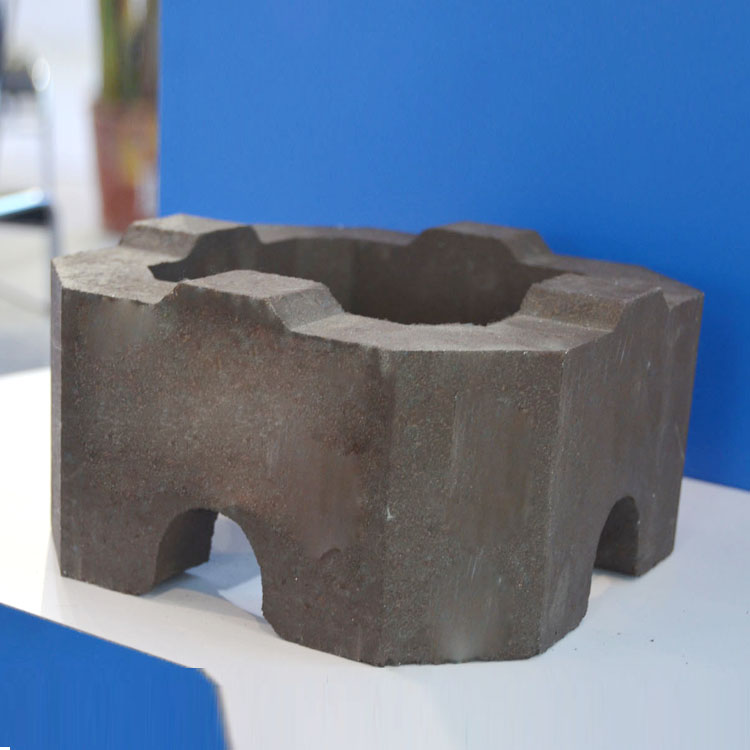
In high - temperature industrial environments such as steel smelting and glass manufacturing, the demand for refractory materials is extremely strict. These environments are characterized by high temperatures, strong chemical corrosion, and thermal shock, which require refractory materials to have excellent performance to ensure the normal operation of production equipment.

Fused magnesia bricks are made from molten magnesium as the main raw material. The production process involves a reasonable particle size ratio, high - pressure molding, and high - temperature sintering. This meticulous process ensures the high quality of the bricks. For example, the high - pressure molding process can make the internal structure of the bricks more compact, and the high - temperature sintering can further improve the density and stability of the bricks.
Compared with other common refractory materials, fused magnesia bricks have significant performance advantages. They have excellent resistance to alkaline slag. In some laboratory tests, the corrosion rate of fused magnesia bricks in alkaline slag is only about 10% - 15% of that of ordinary refractory bricks, which means they can maintain their integrity and performance in harsh chemical environments for a longer time.
In terms of refractoriness, fused magnesia bricks can withstand temperatures up to 2000°C, while many other refractory materials can only withstand temperatures around 1500 - 1700°C. Their good thermal stability also allows them to resist rapid temperature changes without cracking or spalling. For instance, in a thermal shock test, fused magnesia bricks can withstand more than 30 thermal cycles between room temperature and 1800°C, while some other materials may fail after only 10 - 15 cycles.
.jpg)
Fused magnesia bricks are widely used in various high - temperature industrial scenarios. In steel smelting, they are used in blast furnaces, converters, and ladles. Their excellent performance can effectively improve the efficiency of steel production and reduce the frequency of equipment maintenance. In glass manufacturing, they are used in glass melting furnaces, helping to ensure the quality of glass products and the long - term stable operation of the production line.
The strong erosion resistance of fused magnesia bricks can significantly extend the service life of industrial equipment. For example, in a steel plant, the use of fused magnesia bricks in the lining of a converter can extend the lining replacement cycle from about 3000 heats to more than 5000 heats, which greatly reduces the downtime of the equipment and the cost of lining replacement. At the same time, the reduction in maintenance frequency also means lower labor costs and less impact on production schedules.
.jpg)
In summary, fused magnesia bricks offer numerous advantages, including high performance in resisting alkaline slag, high refractoriness, good thermal stability, and the ability to extend equipment life and reduce maintenance costs. These benefits make them an ideal choice for high - temperature industrial applications.

